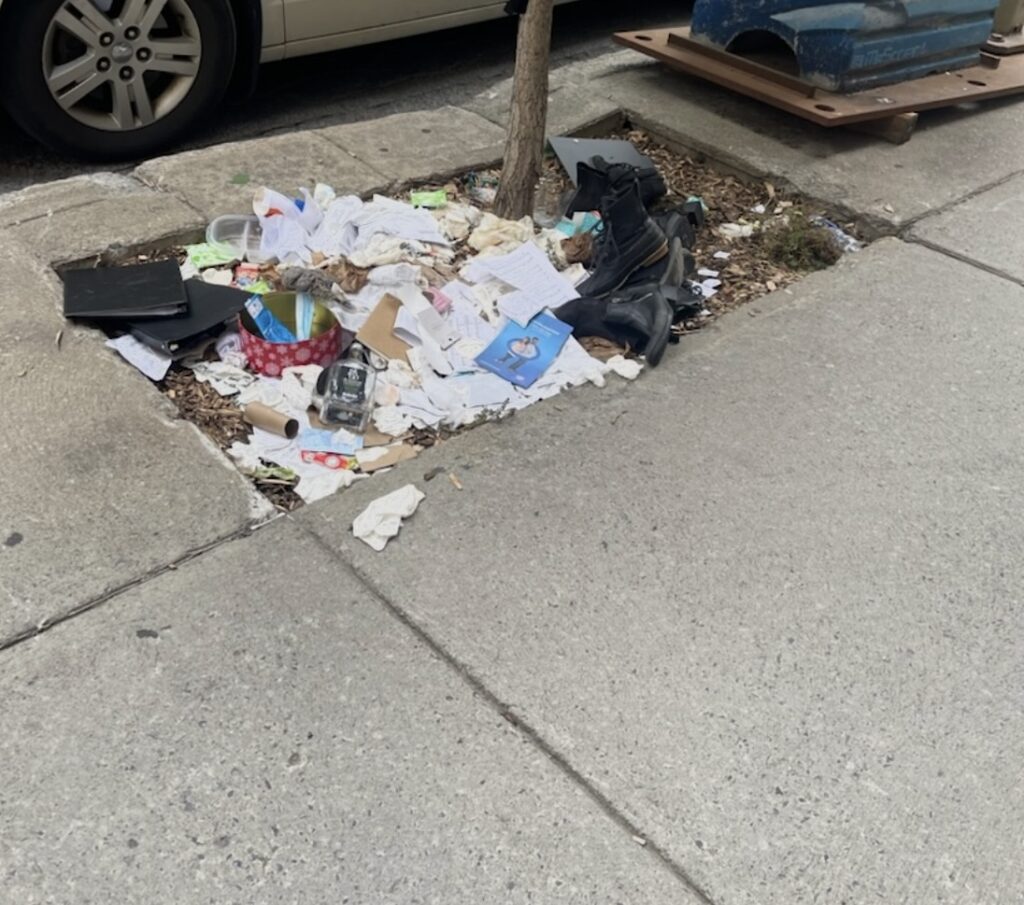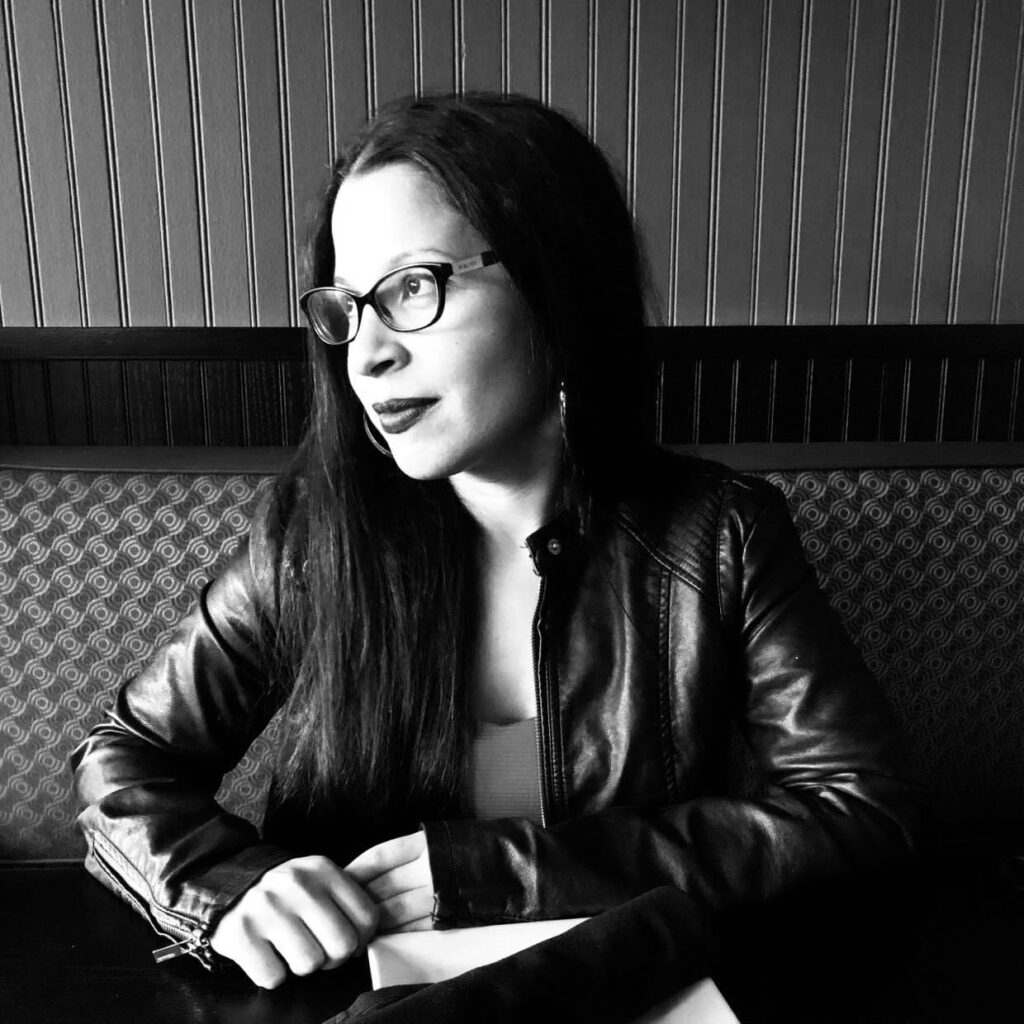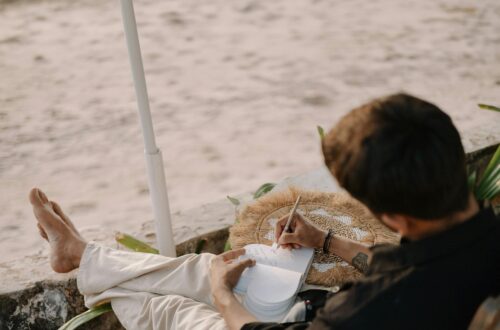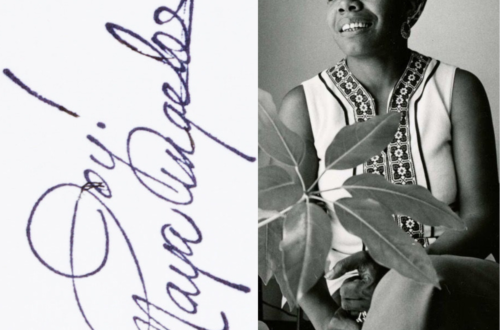Elaine Nadal
A writer must be an observer, a traveler. Exploring through literature fosters growth, especially when reading stories that share experiences different from yours. Relating takes you to familiar settings, and that is great. However, you should allow yourself to discover unknown territory as well. Reading books with different views and different truths heightens compassion and empathy. It also shines light on voices that have been obscured for some time. And those voices need to be heard, as they, too, deserve a dwelling in the pages of a book.
A writer must also find adventures in the real world. Adventures do not have to be costly. You can embark on a journey far away or right in your city or town. I remember having an epiphany when I realized that there were many spots in my hometown I had not yet discovered after having lived there for years. There is truly so much to see and learn. Try a new food. Go to a different park. Make it a point to enjoy the beauty and many treasures this world has to offer without forgetting your role in making it better.
I recently went to Montreal and encountered a sidewalk with many discarded objects. I have never seen anything quite like it — the variety of items from sheet music to boots. I wrote a poem because observation, writing, and travel go hand in hand and because I hope to contribute somehow to a world filled not only with wonder, but also with people who are hurting.

We All Deserve the Best Wine
A shrine of some sort, of items turned into things,
into trash, too heavy to keep
now that the alcohol is gone.
An empty bottle left on the side of the street,
bearing the fingerprints of a stranger
hurting from unrequited love perhaps —
or a lack of finances.
Love and money. Love of money.
Greed while many are in need.
It comes down to your pocket —
a dwelling, a table setting offering
more than crackers and tuna fish.
A shrine with an abundance of things
like a boot with a broken sole worn by a broken soul
trying to fill a deep void and revive dead stars.
Does the morning bring a song to those whose hearts are hurting
and wondering if plenitude arrives with a sunrise or prayer?
How do you recycle a prayer so that you don’t sound
pathetic and pitiful? Which words should be emphasized
so that you’re not discounted?
These many things on the side of the street, insignificant now —
overused, expired, dirty, worn out, reeking of little life and too much death,
sucked dry, and plucked out of their stride are collecting dust until they are repurposed
or someone without shoes, without a tune, without anything to give,
finds a little hope in what has been discarded.

Elaine Nadal is Poet Laureate of Milford, Connecticut and author of two poetry books: When and Sweat, Dance, Sing, Cut, published by Finishing Line Press. She is a Pushcart Prize and Best of the Net-nominee and has delivered a TEDx talk on hope, poetry, and music. Instagram: elaine_nadal
Featured photo by Nina Uhlikova (Pexels)





